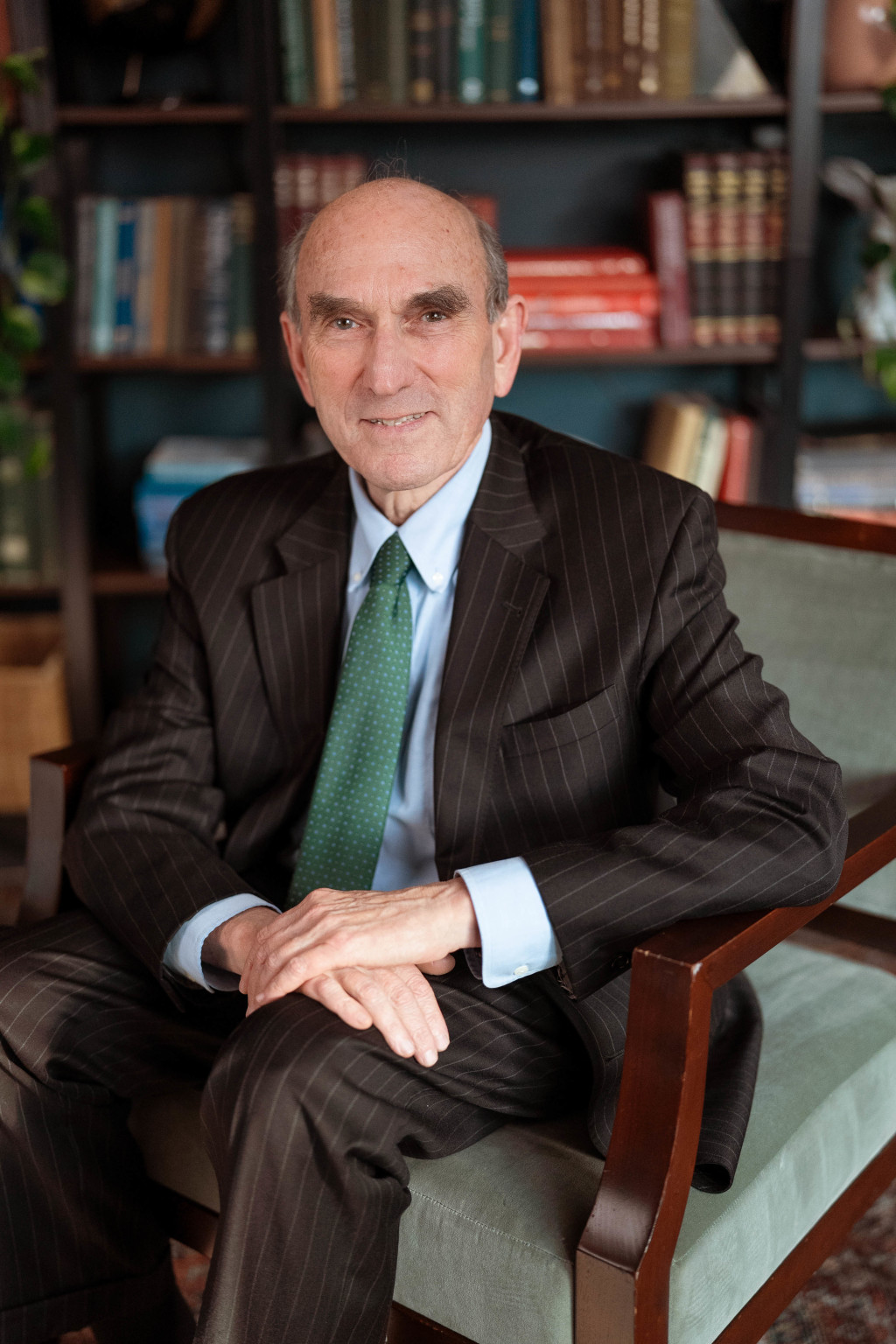Romney and Obama on Israel Policy
Because Mitt Romney has repeatedly said he would not criticize President Obama or U.S. foreign policy while abroad, it has been unclear what he would say in Israel to separate himself from current policy. “Because I’m on foreign soil,“ Romney told CBS, “I don’t want to be creating new foreign policy for my country or in any way to distance myself from the foreign policy of our nation.”
Yet Romney’s remarks in Jerusalem today challenged the president indirectly at least three times. First, Romney said “It is a deeply moving experience to be in Jerusalem, the capital of Israel.” That sentence was presumably meant to create a contrast with the refusal of the White House spokesman, Jay Carney, to say last week what the capital of Israel is. This is of course the State Department view as well. As someone who has dealt with this issue while serving in the U.S. government, I have always found it odd that administration after administration calls this a “final status issue.” At worst for Israel, a return to the 1949 armistice lines would leave Israel in full control of west Jerusalem, where its government institutions are located: the Knesset, courts, ministries, and prime minister’s office. Whatever the disposition or division of the Old City, the Palestinian claim does not involve west Jerusalem. It is therefore bizarre that we refuse to acknowledge Jerusalem as Israel’s capital, even if we feel obliged to say that the final borders of the city remain to be negotiated or that parts of the city are also claimed by Palestinians for the capital of an eventual Palestinian state.
Second, Romney carefully took on the administration’s claim that military-to-military relations have never been better and that American security assistance to Israel has never been higher. Romney stated that “standing by Israel does not mean with military and intelligence cooperation alone. We cannot stand silent as those who seek to undermine Israel, voice their criticisms. And we certainly should not join in that criticism. Diplomatic distance in public between our nations emboldens Israel’s adversaries.” Here Romney did not deny that security relations are very good, but argued that looking at the numbers does not give a full picture of American support for, or failure to support, Israel. This harks back to George W. Bush’s desire that there be no “daylight” between the two governments and President Obama’s view that such a stance impedes progress toward peace.
Finally, Romney added something to his text in Jerusalem: “I love this country, I love America, I love the friendship we have.” That line does not appear in any prepared text the news media have carried, suggesting that Romney added it late in the drafting process or even while speaking. Like his other lines, it does not directly challenge U.S. policy or criticize the president, but it sets the two men apart; I have been unable to find any similar line from the president. On all three issues, it will be interesting to see in the next few days how this debate continues--and who carries it on, given that Mr. Obama’s most credible spokesman in the Jewish community has now said he will not be active in this year’s campaign.
